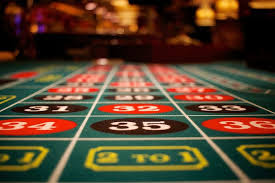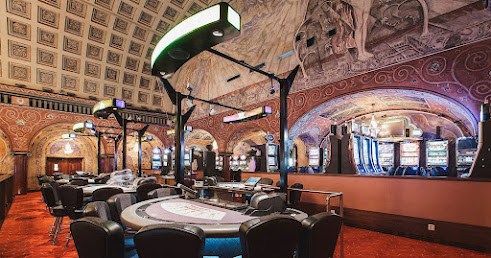Are you a compulsive gambler?
Pathological gambling, commonly referred to as compulsive gambling, is a progressive behaviour disorder in which a person has a psychologically uncontrollable preoccupation and urge to gamble. This results in excessive gambling, the outcome of which is the loss of time and money. The gambling reaches the point where it compromises, disrupts and destroys the gambler’s personal life, family relationships or vocational pursuits. These problems lead to the intensification of the gambling behaviour.




Comments
Post a Comment